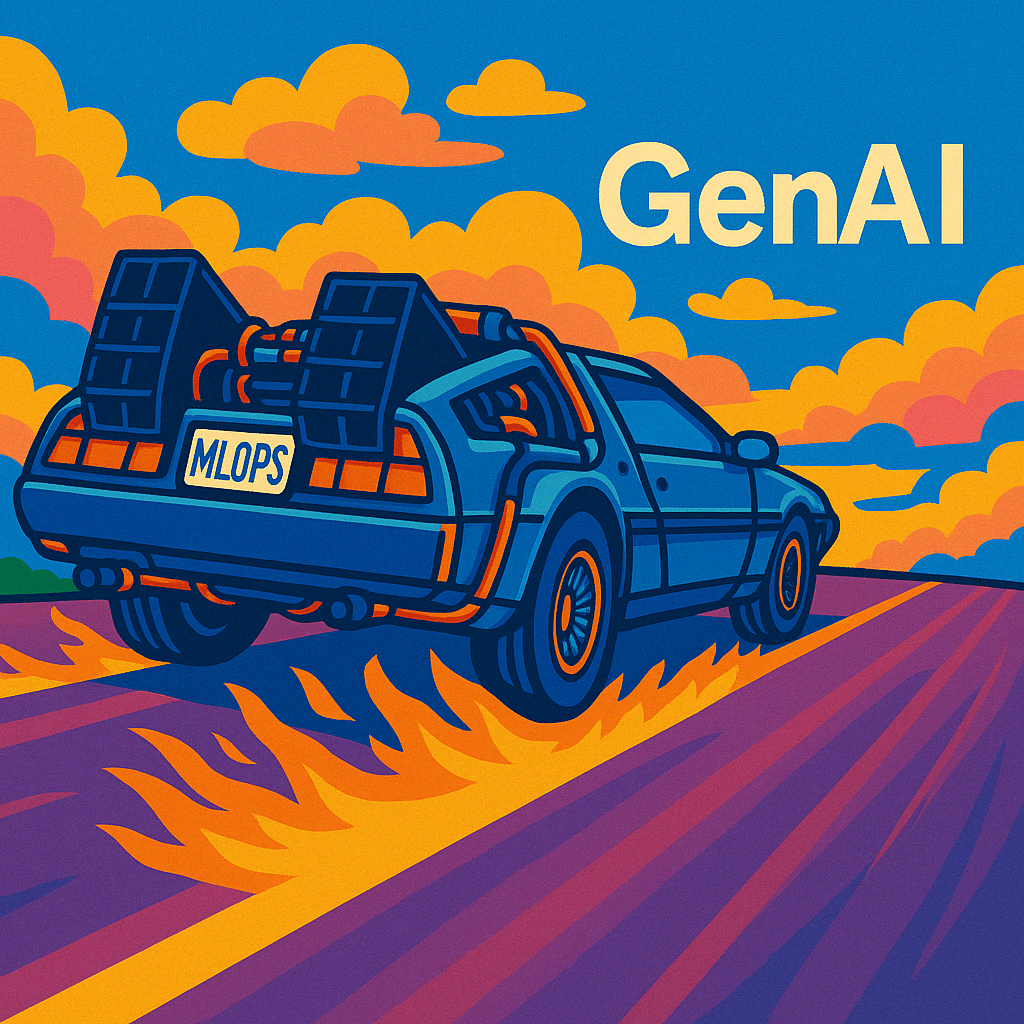Bits & Bytes
AI around the world.
- This interesting post summarizes the national AI strategies of the 15 nations that have formally published them.
Baidu unveils AI chipset.
- Baidu launches Kunlun, China’s first “cloud-to-edge” AI chips. The chips were built to accommodate a variety of AI scenarios–such as voice recognition, search ranking, natural language processing, autonomous driving and large-scale recommendations–and can be applied to both cloud and edge scenarios, including data centers, public clouds, autonomous vehicles, and other devices. Kunlun includes distinct chips for both training and inference.
New research explores identification of Photoshopped images.
- At the recent CVPR conference, University of Maryland researchers presented a method for identifying edited pictures using deep learning.
Stanford AI recreates periodic table.
- Applying techniques borrowed from NLP, Stanford researchers created “Atom2Vec.” The tool analyzed a list of chemical compound names from an online database and proceeded to re-create the periodic table of elements in a few hours.
‘AI eating software’ roundup.
- Silicon design tools vendor NetSpeed incorporates AI features into new SoCBuilder design and integration platform. AMFG launches new AI software platform for industrial 3D printing. Energy industry ERP provider Quorum Software adds a new cognitive services layer providing intelligent ingest, compliance and reporting capabilities.
Dollars & Sense
-
Facebook has acquired the team behind Bloomsbury AI, a London firm specializing in using ML to understand natural language documents
-
JDA Software to acquire Blue Yonder, a provider of AI solutions for retail
-
D.C. startup QxBranch closed $4.1 million in Series A funding to develop analytics software for quantum computing
-
JASK, an Autonomous Security Operations Center (ASOC) platform provider announced that it has raised $25M in Series B funding
-
Suzhou city-based AISpeech announced $76 million in Series D funding, bringing its total funding to over $121 million
-
Tact.ai, a conversational AI sales platform, announced its $27M Series C raise, bringing total funding to more than $57M
-
Cybersecurity firm Balbix raises $20 million in Series B round led by Singtel Innov8
-
Ping Identity acquires Elastic Beam, a cybersecurity startup using artificial intelligence to monitor and protect APIs
-
Precision Therapeutics, a company focused on AI-based personalized medicine and drug discovery, announced that its merger with Helomics





